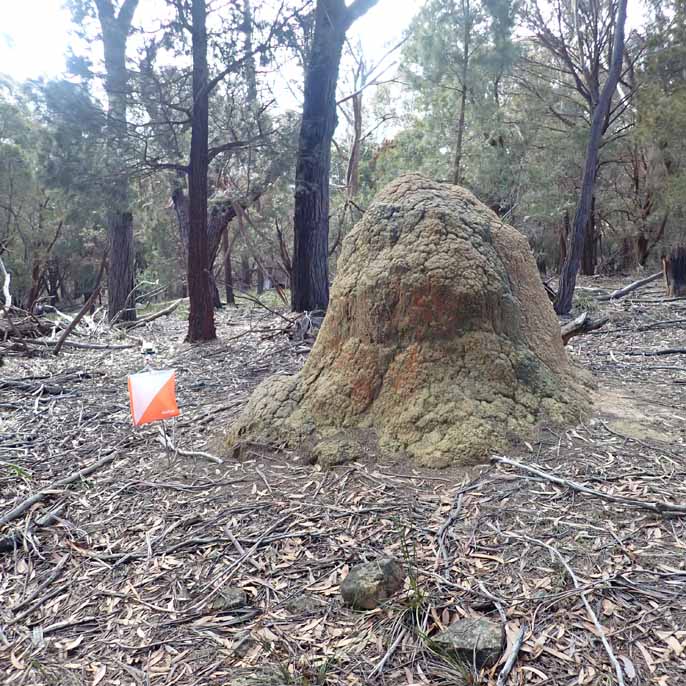At the recent ACT Middle Distance Championships we were reminded that not everything always goes to plan. We had two search and rescue missions – one injured runner and one who got lost. Both were eventually found and returned safely to the assembly area, but both were cold and tired. While these occasions are rare, there are rules of our sport for situations like these and we take this opportunity to remind all participants of the following basic safety measures:
- carry a whistle when out on course, especially at bush orienteering events
- if you hear a distress whistle or come across someone who is injured or needs your help you are obliged to assist them. This may include abandoning your own course.
- always return to the assembly area by course closure time, even if you believe that you can still complete your course. Once course closure time has passed event officials will initiate procedures to locate anyone unaccounted for, even if you might not consider yourself lost or in need of help, the officials don’t know this. These procedures involve recruiting other volunteers at the event to assist, and if necessary, involving authorities such as police or SES. Search preparation delays other organiser activities, such as event pack-up and control collecting, so even if a search does not take place, there is still an impact to event officials and volunteers.
As a general rule:
- the first runner to arrive should stay with the injured person and, depending on the nature and severity of the injury, call for help/ask for a third person to get help as quickly as possible.
- Bear in mind that while an injured person may appear or say they are okay now, that does not necessarily mean that they will still be okay half an hour later, or by the time a rescue team can arrive.
- Keeping an injured person warm and hydrated is an important first step.
Let’s all keep our sport safe by continuing to look after ourselves and our fellow orienteers at all times.

